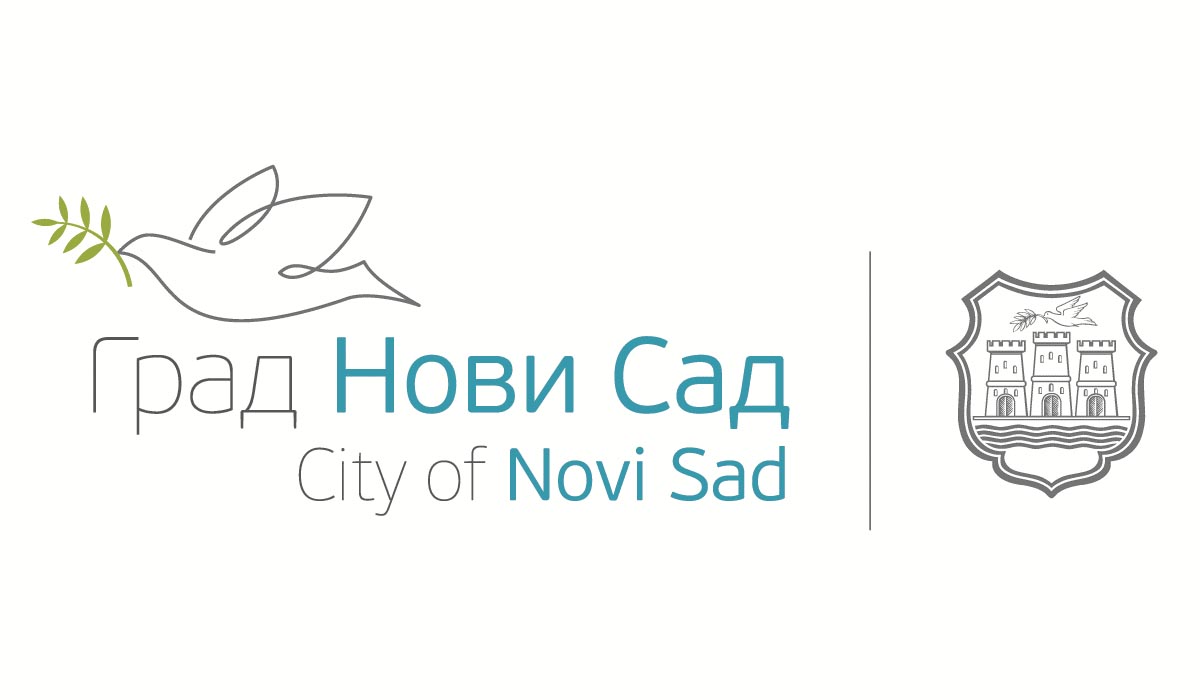STATUS AS PERFORMANCE IN ROMAN SOCIETY
DOI:
https://doi.org/10.19090/i.2019.30.7-23Keywords:
society, Rome, status, class, honour, performance, ideology, elite, power, Max WeberAbstract
Roman social historians have tended to focus on the choice between the modern terms ‘status’ and ‘class’ to characterise the nature of the groups that made up Roman society. Both these concepts seek to describe antiquity in modern sociological terms rather than relying on the limited perspective of the original actors; each can be seen as problematic, so that in recent years historians have often assumed instead a simpler division between ‘elite’ and ‘non-elite’, and/or avoided the issue by focusing on the dynamics of social relations rather than the nature of social groups. This paper argues for the continuing usefulness of the Weberian idea of status, as a complement to the Marxian idea of class, but with a greater focus on the idea of performance, drawing on the sociology of Erving Goffman and Judith Butler. This emphasises the complexity of status; the way that its performance changes in different contexts, and depends both on the choices of the actor and the expectations of the audience, with judgements about the success of the performance always provisional and changing over time. It concludes with reflections on the ways in which status, understood as ideological power, could have functioned effectively within Roman society as a source of genuine authority.
Downloads
References
Beard, M. & Crawford, M. Rome in the Late Republic, 2nd ed., London: Bristol Classical Press, 1999.
Bilton, T., Bonnett, K., Jones, P., Lawson, T., Skinner, D., Stanworth, M. & Webster, A. Introductory Sociology, 4th ed., Basingstoke: Palgrave MacMillan, 2002.
Bodel, J. ‘Status dissonance and status dissidents in the equestrian order’, in A. B. Kuhn (ed.), Social Status and Prestige in the Greco-Roman Word, Stuttgart: Franz Steiner Verlag, 2015, 29–44.
Butler, J. ‘Performative acts and gender constitution: an essay in phenomenology and feminist theory’, Theatre Journal, 40, 1988, 519–531
Crompton, R. Class and Stratification: an introduction to current debates, 2nd ed., Cambridge: Polity Press, 1998.
Dugan, J. Making a New Man: Ciceronian self-fashioning in the rhetorical works, Oxford: Oxford University Press, 2005.
Edwards, C. The Politics of Immorality in Ancient Rome, Cambridge: Cambridge University Press, 1993.
Finley, M. I. The Ancient Economy, Oakland: University of California Press, 1999.
Garnsey, P. D. A. Social Status and Legal Privilege in the Roman Empire, Oxford: Clarendon, 1970.
Garnsey, P. & Saller, R. The Roman Empire: economy, society, culture, 2nd ed., Oakland: University of California Press, 2014.
Goffman, E. The Presentation of Self in Everyday Life, Edinburgh: University of Edinburgh, 1956.
Grewal, D. S. Network power: the social dynamics of globalization, Ann Arbor: Sheridan Books, 2008.
Habinek, T. The Politics of Latin Literature: writing, identity and empire in ancient Rome, Princeton: Princeton University Press, 1998.
Hall, J.A. & Schroeder, R. (eds.), An Anatomy of Power: the social theory of Michael Mann, Cambridge: Cambridge University Press, 2006.
Harris, W.V. ‘On the applicability of the concept of class in Roman history’, in Rome’s Imperial Economy: twelve essays, Oxford: Oxford University Press, 2011, 15–26. Originally published in T. Yuge & Doi M. (eds.), Forms of Control and Subordination in Antiquity, Leiden: Brill, 1988, 598–610.
Holmwood, J. ‘Functionalism and its critics’, in A. Harrington (ed.), Modern Social Theory: an introduction, Oxford: Oxford University Press, 2005, 87–109.
Jacobsen, M. H. & Kristiansen, S. The Social Thought of Erving Goffman, Los Angeles: SAGE Publications Inc., 2016.
Joshel, S. R. Work, Identity and Legal Status at Rome: a study of the occupational inscriptions, Norman & London: University of Oklahoma Press, 1992.
Kuhn, A.B. ‘The dynamics of social status and prestige in Pliny, Juvenal and Martial’, in: A. B. Kuhn (ed.), Social Status and Prestige in the Greco-Roman Word, Stuttgart: Franz Steiner Verlag, 2015, 9–28.
Kuhn, A.B. (ed.), Social Status and Prestige in the Greco-Roman Word, Stuttgart: Franz Steiner Verlag, 2015.
Love, J. R. Antiquity and Capitalism: Max Weber and the sociological foundations of Roman civilization, London: Routledge, 1991.
Loxley, J. Performativity, London & New York: Routledge, 2007.
Macionis, J. J. & Plummer, K. Sociology: a global introduction, 2nd ed., Harlow: Person, 2002.
Mann, M. The Sources of Social Power, Vol. 1: a history of power from the beginning to A.D.1760, Cambridge: Cambridge University Press, 1986.
McCarthy, G. E. Classical Horizons: the origins of sociology in ancient Greece, Albany: SUNY Press, 2003.
Millett, P. Theophrastus and his World, Cambridge: Cambridge Philological Society, 2007.
Morley, N. Theories, Models and Concepts in Ancient History, London & New York: Routledge, 2004.
Morley, N. ‘Social structure and demography’, in: N. Rosenstein & R. Morstein-Marx (eds.), A Companion to the Roman Republic, Oxford: Wiley-Blackwell, 2006, 299–323.
Morris, I. ‘Hard surfaces’, in P. Cartledge, E. E. Cohen & Foxhall L. (eds.), Money, Labour and Land: approaches to the economies of ancient Greece, London: Routledge, 2002, 8–43
Morstein-Marx, R. Mass Oratory and Political Power in the Late Roman Republic, Cambridge: Cambridge University Press, 2004.
Mouritsen, H. Plebs and Politics in the Late Roman Republic, Cambridge: Cambridge University Press, 2001.
Nippel, W. Public Order in Ancient Rome, Cambridge: Cambridge University Press, 1995.
Ober, J. Mass and Elite in Democratic Athens: rhetoric, ideology and the power of the people, Princeton: Princeton University Press, 1989.
Peachin, M. (ed.), The Oxford Handbook of Social Relations in the Roman World, Oxford: Oxford University Press, 2011.
Rilinger, R. Humiliores-Honestiores: zu einer sozialen Dichotomie im Strafrecht der römischen Kaiserzeit, Munich: Oldenbourg, 1988.
Rose, P.W. Class in Archaic Greece, Cambridge: Cambridge University Press, 2012.
Scheidel, W., Morris, I. & Saller, R. (eds.), The Cambridge Economic History of Greco-Roman Antiquity, Cambridge: Cambridge University Press, 2007.
de Ste Croix, G. E. M. The Class Struggle in the Ancient Greek World, Ithaca: Cornell University Press, 1981.
Toner, J. ‘Social relations and constructions of social identity among Roman non-elites’, Oxford Handbooks Online, 2015. DOI 10.1093/oxfordhb/9780199935390.013.50
Turner, B. S. Status, Milton Keynes: Open University Press, 1988.
van der Blom, H. ʻHomo Novus/New Man’, in: D. Clayman (ed.), Oxford Bibliographies in Classics, New York: Oxford University Press, 2017.
Veyne, P. ‘Vie de Trimalchion’, Annales ESC, 16, 1961, 213–247.
Veyne, P. Bread and Circuses: historical sociology and political pluralism, London: Penguin Books, 1990.
Weber, M. Economy & Society: an outline of interpretative sociology, G. Roth & C. Wittich (eds.), Berkeley: University of California Press, 1968.
Wiseman, T. P. New Men in the Roman Senate 139 BC – AD 14, London: Oxford University Press, 1971.
Wolkenhauer, J. Senecas Schrift ‘De Beneficiis’ und der Wandel in römischen Benefizienwesen, Göttingen: Vandenhoeck & Ruprecht, 2014.
Wood, E. M. Democracy Against Capitalism: renewing historical materialism, Cambridge: Cambridge University Press, 1995.
Yavetz, Z. Plebs and Princeps, New York: Oxford University Press, 1969.










